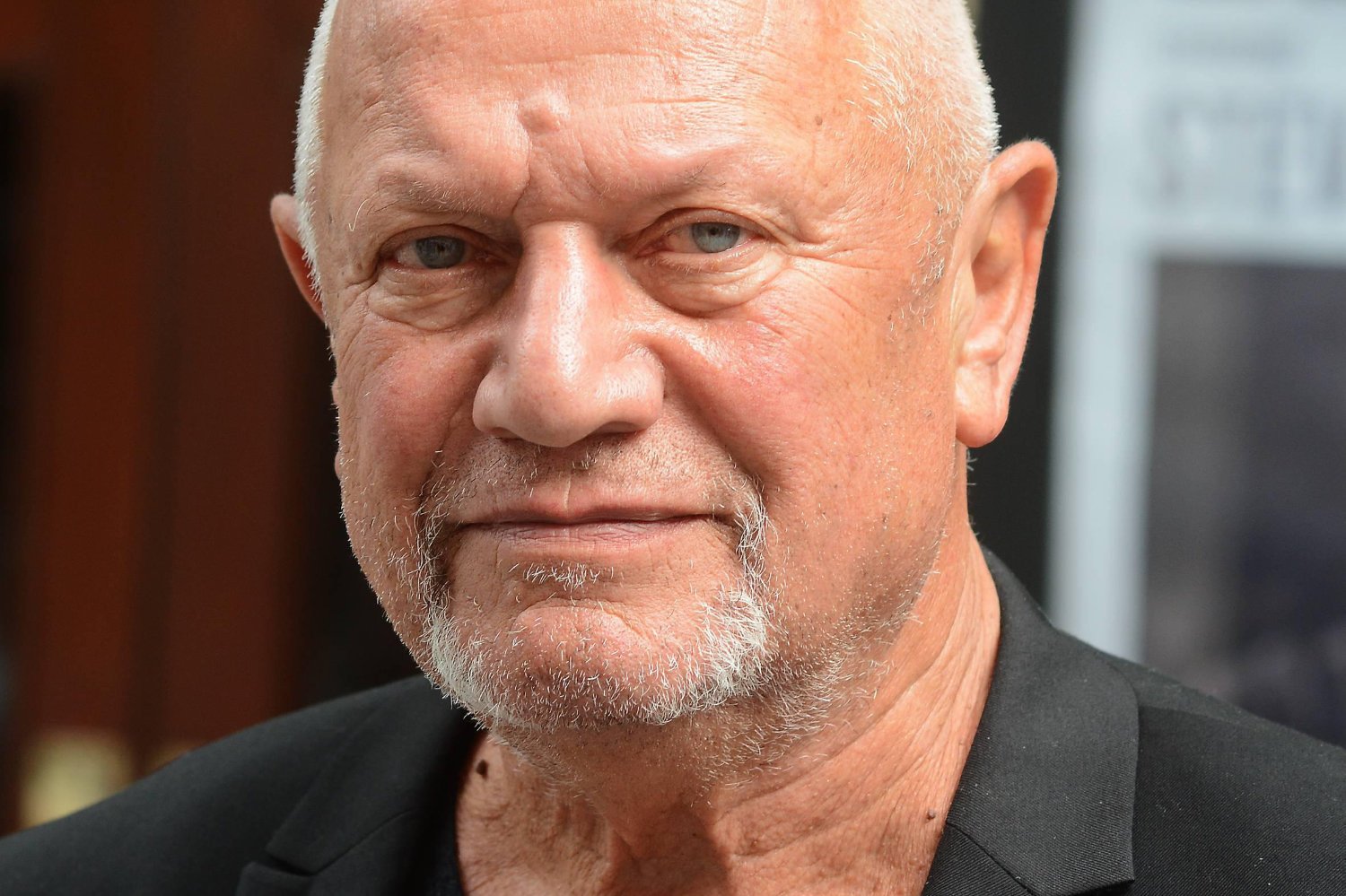Director Steven Berkoff reflects on King Vidor’s The Fountainhead
A film that knocked me sideways was The Fountainhead, based on the 1943 novel by Ayn Rand. The protagonist is Howard Roark (played by Gary Cooper), a young architect, who refuses to compromise with the architectural establishment. His work is too revolutionary. Patricia Neal is wonderful as the married socialite Dominique Francon, who falls in love with Roark.
I first saw it about 40 years ago and identified strongly with the character of Roark because he wanted to create art for art’s sake. The establishment said, “No, your work has got to be more functional. People have got to live in the place with a family.” But Roark didn’t care about family or kids. I sympathise with him. His buildings were beautiful but in the end no one employed him because he was ahead of his time. I feel the same. No one employed me at the beginning of my career.
In one scene, Roark is in New York at a building site and watching as the building goes up. The architectural critic of the New York Times arrives. He has always given Roark damning reviews and the critic says to him, “Well, Mr Roark, I don’t suppose you care for me too much.” Cooper turns to him and says, “I don’t even read you.” I thought that was priceless. It’s an attitude I aspire to.
In the end, it turns out well because he’s given a commission to build the tallest building in the world.
I’m interested in film and photography. I’m exhibiting a series of photos of homeless people that I took on Venice Beach in Los Angeles in 2016. They are being auctioned to raise money for Ukraine. I walked through the beach daily and wanted to take pictures of the people I saw hanging out there.
My camera was the bridge to find out more about them. One or two were suspicious, but gradually, I started to feel happy and comfortable with these people, because there’s something about extreme poverty and finding a way to deal with it that makes you a very raw, honest person. There’s no sense of class, no obsession with possessions. They weren’t swish and ‘swaggery’, talking about their agents. They just had themselves and each other, and it was moving.
My grandparents came from Odesa. They hiked through Ukraine and Poland, got on trains and carts, and arrived in the East End of London. In 1,000 years’ time when wars are obsolete, people will say, “Look what these humans did to each other. How horrific is that?”
Photos © Alamy
Steven Berkoff’s photos can be seen at: opensea.io/collection/homelessinhollywood.
This article appears in the Summer 2022 issue of JR.


